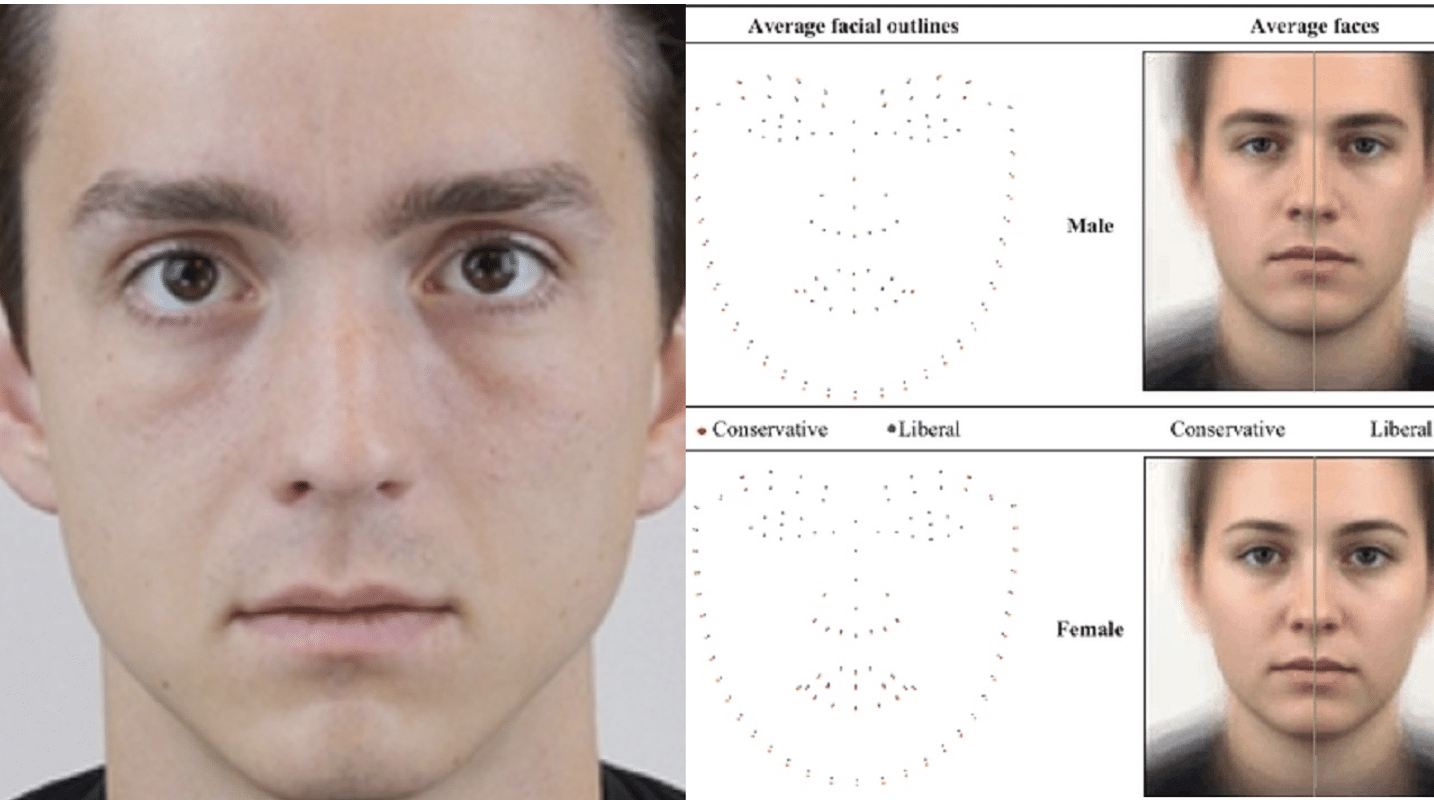(BT) – Every year since 2006, the University of Maryland’s nonprofit Bee Informed Partnership (BIP) conducts an annual survey to determine how many bee colonies were lost over the course of the year. The 2018–2019 survey asked 4,696 U.S. beekeepers to report how many colonies they lost, and the preliminary results of the survey suggest that things aren’t looking so good. Of the more than 319,000 managed bee colonies in the survey, 37.7 percent were lost over the winter. This represents the largest die-off since the survey began, and a full 7 percentage points higher than the previous year.
Having fewer honeybees is more than just an ecological problem, it’s also an economic one: Every year, honeybees contribute a nearly $20 billion value to U.S. crop production. Bees are so integral to local ecosystems and economies that some states are paying residents to engage in bee-friendly practices. Minnesota, for instance, is paying residents to cover their lawns with bee-friendly plants such as creeping thyme, self-heal, and Dutch white clover; Virginia is giving away free beehives; and the vast majority of states offer tax exemptions for beekeepers. This is smart policy — without bees, grocery stores would be considerably emptier than they are now. READ MORE

















